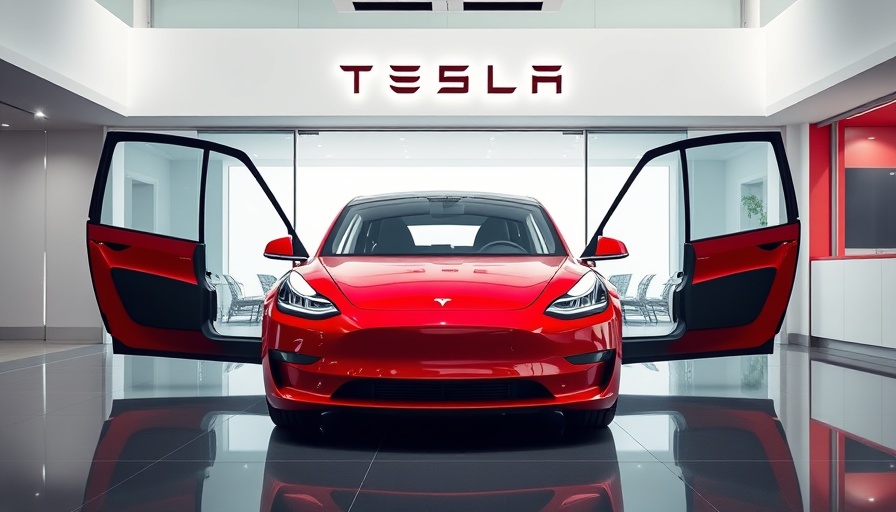
China's Strict Advertising Guidelines: A Necessary Step?
In an unprecedented move, China is making headlines with a new rule that bans automakers from advertising terms like "autonomous driving," "self-driving," and "smart driving." This decision comes amid growing concerns about safety and the misuse of technology in advanced driver-assistance systems (ADAS). Reuters reports that during a meeting between government officials and industry representatives, it was established that these measures must be taken to protect consumers from misleading claims about vehicle capabilities.
What prompted this crackdown on advertising?
The issue gained traction following several incidents where ADAS capabilities were overhyped. There have been reported cases of fatal accidents involving vehicles equipped with these systems. One such incident involved a Xiaomi Su7 sedan that caught fire after an allegedly autonomous feature failed, demonstrating the real risks associated with overpromising automation in the auto industry. With automakers like Tesla having previously used terms like "Full Self-Driving," which implies complete automation that doesn't exist, authorities are stepping in to regulate how these technologies are portrayed.
The Role of Government in Emerging Technologies
China’s regulations reflect a broader trend in international tech governance—regulating emerging technologies to protect public safety and prevent misinformation. Just a few months ago, Tesla altered the branding of its "Full Self-Driving" in the Chinese market to "Intelligent Assisted Driving," emphasizing a need for clarity. This shift signals that manufacturers must take responsibility for how they present their products.
How do the changes impact automaker operations?
The new regulations also impose stricter controls on software updates for vehicles. Automakers can no longer roll out upgrades freely; instead, they must first verify the improvements and gain government approval. This is significant for companies that rely on over-the-air updates, which have become vital in maintaining vehicle performance and safety. The high bar for software updates aims to prevent rushed improvements that haven't fully undergone rigorous evaluations, ultimately enhancing safety standards across the board.
Consumer Safety vs. Innovation: Finding the Balance
While the Chinese government’s action is by no means the first indication of a protective approach to driver assistance technology, it raises larger questions about the balance of consumer safety and innovation. Industry experts warn that while regulations are necessary, they could potentially stifle advancement in driver-assistance systems. Striking a balance between safety and innovation will be crucial for the future of the automotive industry.
Comparative Analysis: Global Reactions to Autonomous Technology
This situation is not isolated to China. The global community is grappling with similar challenges toward autonomous technology. Countries like the United States and various European nations have also faced scrutiny over how autonomous features are marketed. As nations formulate their regulatory frameworks, the world watches closely. The U.S., for instance, has not imposed such prohibitions, raising questions on whether consumer trust will be compromised or enhanced.
Future Trends: What Lies Ahead for Automakers?
The future for automotive innovation in a regulated environment like China's might seem daunting. Still, it could lead to significant advancements in technology standards and consumer trust. Automakers now have a stronger incentive to develop systems that deliver on their promises without risking lives. The trend indicates a growing preference for regulation that ensures transparency and customers' informed consent.
Actionable Steps for Consumers
As these regulations unfold, consumers should be proactive in understanding the technologies available in vehicles. Engaging with trusted sources of information about the capabilities and limitations of driver-assistance functionalities is essential. Additionally, consumers need to become advocates for transparency in the automobile industry, supporting regulations that protect them from misleading advertisements while allowing for responsible innovation.
 Add Row
Add Row  Add
Add 



Write A Comment